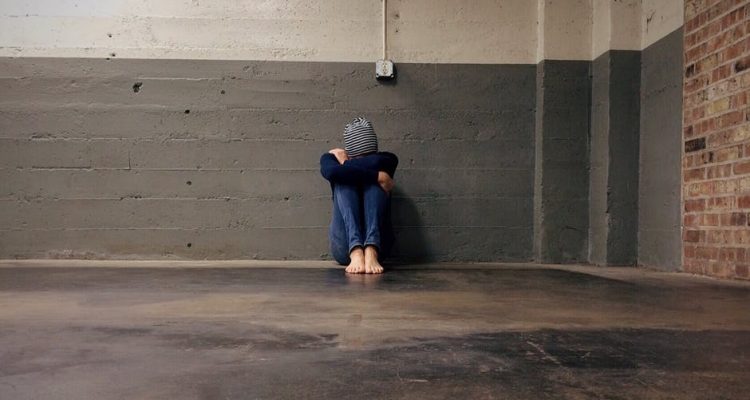Our oldest son was dead…at 20 years old.
There would be no graduation celebration, no wedding, no grandchildren and no more adventures. He was gone. The pain that gripped my heart and the very soul of my family was more than I imagined possible. Where was hope? How were we to love and lead our children through this kind of saturated darkness?
The human heart wants to avoid pain and loss. What if pain and loss were opportunities for fruitful discipleship and spiritual formation in the lives of kids and their families? As Christian leaders, what would we need to remember and do?
1. Be Real with God
Consider the Shema in Deuteronomy 6:4-9. Here, God’s people are instructed, “Love the Lord your God with all your heart and with all of your soul and with all of your strength” (v. 5). What if this includes loving God with all of our pain, loss and ugliness? Angry prayers, hardened hearts, doubt, sleepless nights and fitful tears all feel so ugly. For some reason we fall into the trap of thinking that either God can’t handle this or that He doesn’t want to be a part of it. The good news of the gospel itself is the very reality that God does handle pain, loss, sin and death—all the ugliness. He provides the solution. He intimately cares for the needs of our hearts and would have it no other way.
2. Teach Realistic Expectations
Stuff happens. Not all questions have answers. Deuteronomy 6:4-9 also challenges parents (and spiritual parents/leaders) to repeat the commands again and again to their children from morning until night, while having dinner and doing chores, the Word and work of God is to be shared. One of the best ways we can prepare families for the inevitable pain and loss in this life is to talk about it with honesty and scriptural integrity. What can be expected? What does the Bible have to say about it? How can we help someone who is facing these challenges? We must be bold and loving with what we do know. We also must be brave about what we do not know.
3. Listen More than Talk
We cannot shrink away from the scary/hard/painful conversations. These interactions feel so difficult and intense because there are no easy answers. In fact, these moments tend to confront some of our own unresolved questions and memories, but there is power in shared experience and in the honesty of confessing, “I don’t know.” It is in these times of reflecting on our own pain and loss that we can make new discoveries and help others do the same. Reflect together on the journey.
4. Find and Foster Hope
Looking back, we often will discover we were not hanging on to God; He was hanging on to us. His strength and His grip on our lives is what got us through. Jesus was there. He is our hope. Knowing that someone else understands the ache of our hearts and survived their pain often is the first glimmer of hope in a time of great difficulty.
5. Be Fully Present
The role of pastoral care in the lives of those who are hurting is to be the incarnational presence of Jesus Christ. What if we intentionally recognized that discipleship often is caught and intentionally chose to be with those who were suffering? The work of healing is a long journey and exhausting process. “I’m here for you” are powerful words. Failure to follow through on those words only adds to the pain and creates a new wound.
6. Follow Up
We must pull out the calendar to mark reminders for follow-up care. The reality that life and the world just keep going, though something awful has happened, can feel intensely cruel. One of the best gifts we can give is to remember. Cards with short notes of encouragement during important times such as holidays and anniversary dates help. Checking in to see how things are going on a regular basis communicates faithful care. All these ideas and more can be rescued from the graveyard of good intentions with the simple act of scheduling them on our calendar.
Our son has been gone for a handful of years. Our family has walked through the dark night of the soul, when some days were so dark I wondered if we would survive. Learning to live with pain and loss is a lesson I never wanted to learn and certainly wanted to protect my children from having to endure. God has a plan, but so does the enemy. The good news is that I know how the story ends: Hope wins!




